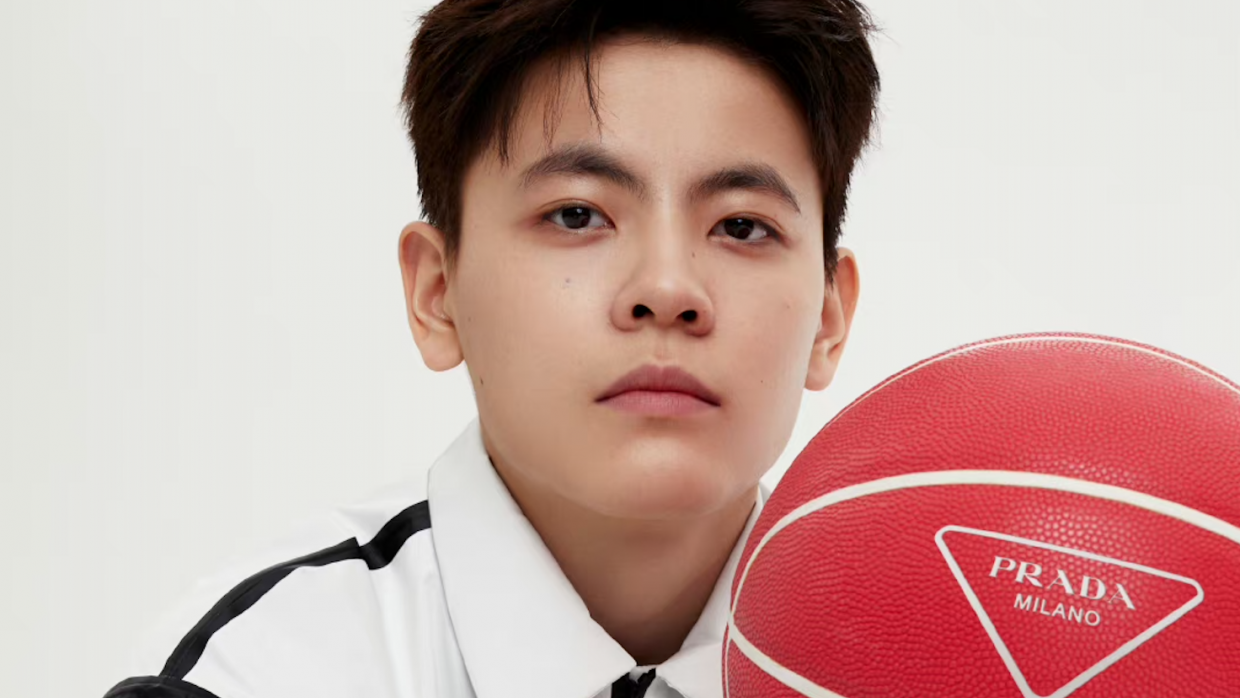Competition between luxury brands to bag top Chinese athletes as representatives is heating up – prompted in part by the rapid turnover of emerging celebrity idols and frequent backlashes against superstar spokespersons sparked by scandals involving reputation-damaging issues like tax evasion or illicit sex.
Prada last month named homegrown basketball player Yang Shuyu as its face for China, and Dior and Lululemon competed in January this year for the endorsement of the country’s first-ever Formula 1 driver, Zhou Guanyu.
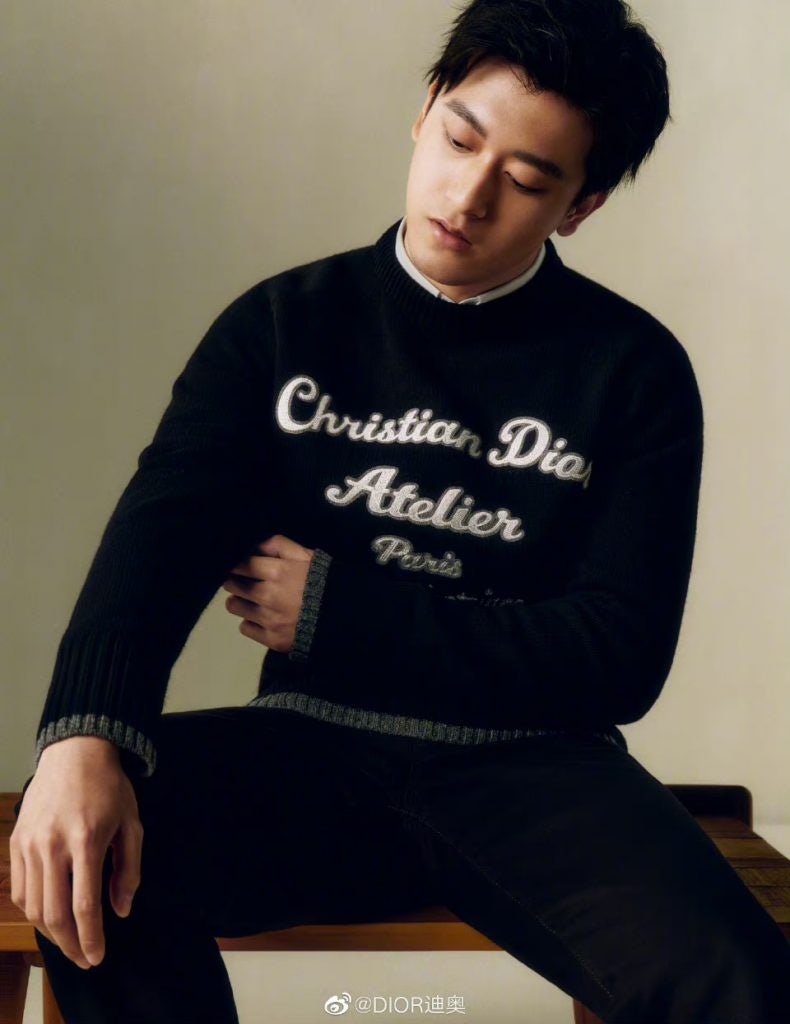
Meanwhile, 19-year-old freestyle skiing Olympic gold medallist Eileen Gu endorses over 23 brands, including IWC and Tiffany & Co., and Louis Vuitton. Domestic high-end brands, like Erdos, and Bosideng, are also diversifying their brand ambassador portfolios by collaborating with Chinese Olympians.
By appointing athletes as brand ambassadors and celebrating China's achievements in sports, “luxury brands can create a sense of admiration and inspire consumers to embrace the brand as a symbol of China's excellence, resulting in positive brand associations,” Kim Leitzes, Managing Director of APAC at Launchmetrics tells Jing Daily.
Riding the wellness wave#
“By collaborating with athlete ambassadors, luxury brands are trying to find a new way to tap into youth trends and culture," says Amber Wu, account director at creative digital agency Qumin.
Last year’s Beijing Olympics raised the profile of sports in China, and the Covid-19 pandemic heightened citizens’ interest in exercise as they prioritized health and well-being.
Consequently, sporting hobbies such as pickleball, skateboarding, frisbee, and land surfing have gained popularity, and comfortable clothing styles that can be worn from work to the gym are rapidly gaining ground.
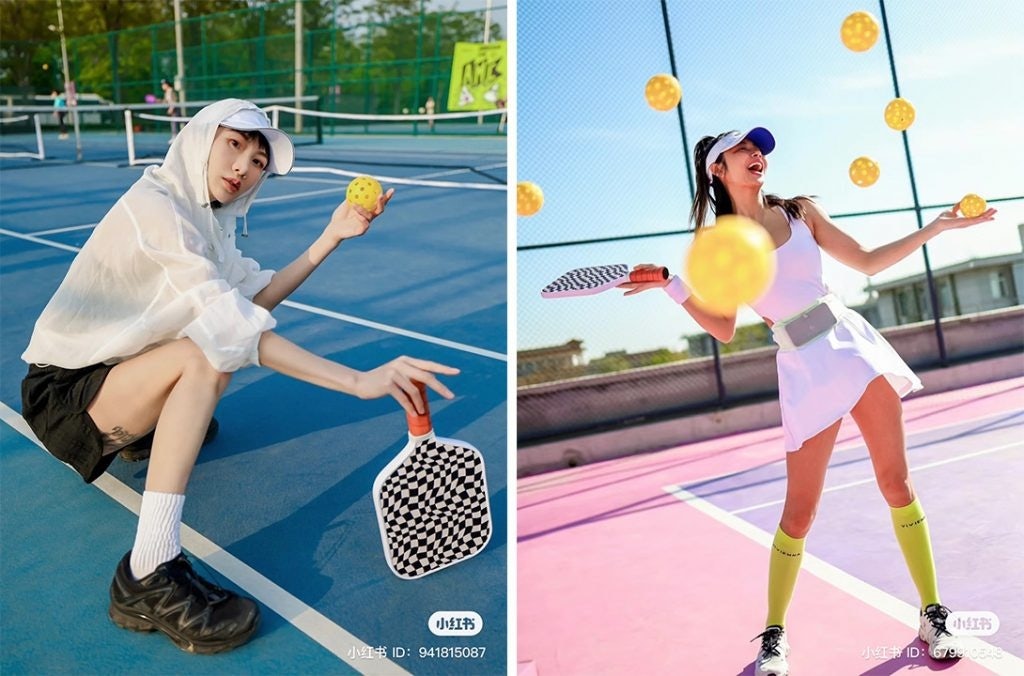
China’s sportswear market is forecast to reach an estimated 82.8 billion by 2024 from 52 billion in 2021.
“Mixing and matching styles has become quite trendy among young consumers. They may pair sports shoes and pants with a top from a luxury brand. Particularly in the post-Covid-19 era, there is more fluidity in terms of style,” Amber Wu tells Jing Daily.
Luxury brands are expanding their offerings to embrace this trend. This February, Miu Miu created capsule collections with New Balance; last year, Dior partnered with Technogym to provide sports equipment; and in 2021, Hermès launched gym pop-ups focused on using scarves as a fitness aid.
Brands are raising awareness of these new products and engaging sports and fitness communities by riding on the appeal of young athletes like Gu, who chime with the country’s younger demographics.
Sporting fame vs. celebrity#
While appointing a celebrity may help brands capture star fandom, successful athletes are influential on an international level.
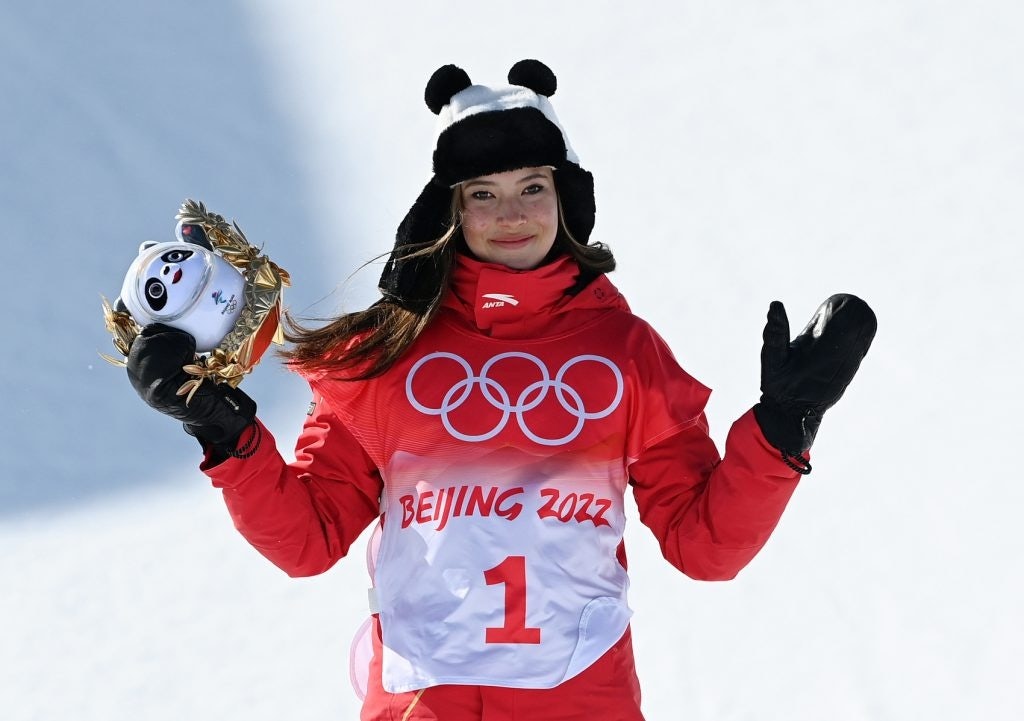
“Chinese consumers take pride in seeing Chinese ambassadors embraced globally, and brands that leverage these influencers can achieve a stronger emotional connection and loyalty,” says Leitzes.
Sports personalities can help luxury brands align with China's rising ‘guochao’ trend, and are frequently associated with positive, healthy values.
“The spirit of athletics embodies an elevation of wellness and mental being, which resonates in the context of how China’s market and consumers are evolving in the post-pandemic phase,” says Laurien Lee, CEO of Chinese media agency iProspect.
Picking the right athlete#
But sports personalities are not without their own risks.
A backlash in April this year involving Olympic Chinese table tennis player Zhang Jike and a sex tape has raised questions about the reliability of sports ambassadors, previously considered a safer option than singers, models, and actors.
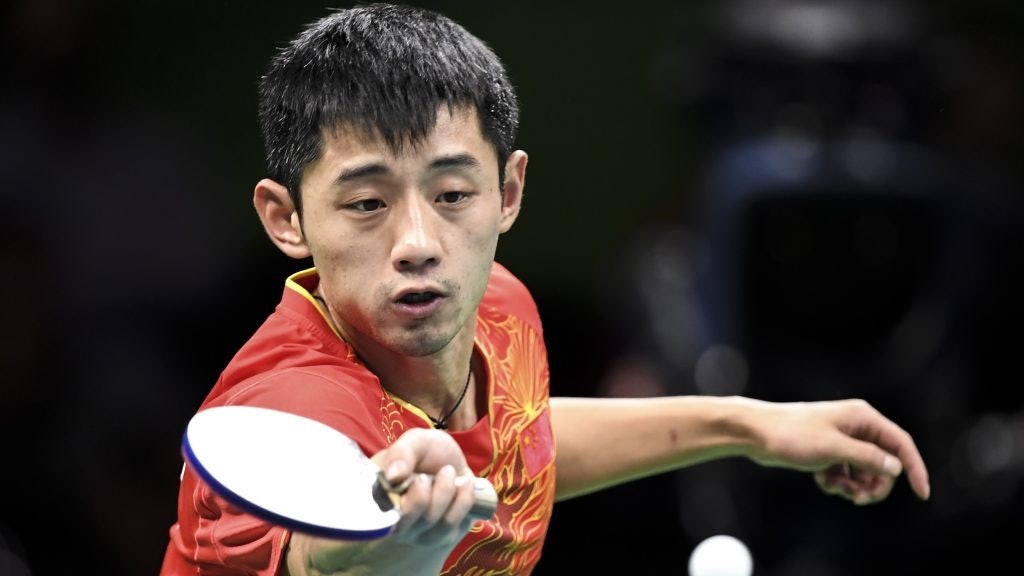
However, this incident hasn't deterred brands like Prada and LV from continuing to shortlist athletes for ambassadorships.
Laurien Lee suggests that brands exercise the same caution and discipline as they do when selecting brand ambassadors from other fields.
“The process of identifying brand ambassadors, including athletes, involves considering numerous factors. Above all, luxury brands seek individuals with the right personality to collaborate with closely, someone who will resonate emotionally with the complex and diverse pockets of consumers in China,” she says.
Today, most brands are scrambling for the same people, like Gu and Zhou, who boast the highest amount of traffic. However, by pursuing a narrow range of sporting personalities, luxury brands risk getting drowned out among a multitude of endorsements.
Sports ambassadors offer access to a different audience than celebrities. So, brands need to tailor their campaigns to align with the values these athletes represent.
Ultimately, establishing a balanced and diversified ambassador portfolio is key.
"By maintaining a well-rounded and diverse group of brand ambassadors, luxury brands can effectively mitigate risks. Carefully selecting ambassadors from different fields and backgrounds allows brands to minimize the potential impact of individual scandals and maintain a strong overall brand image," concludes Leitzes.
